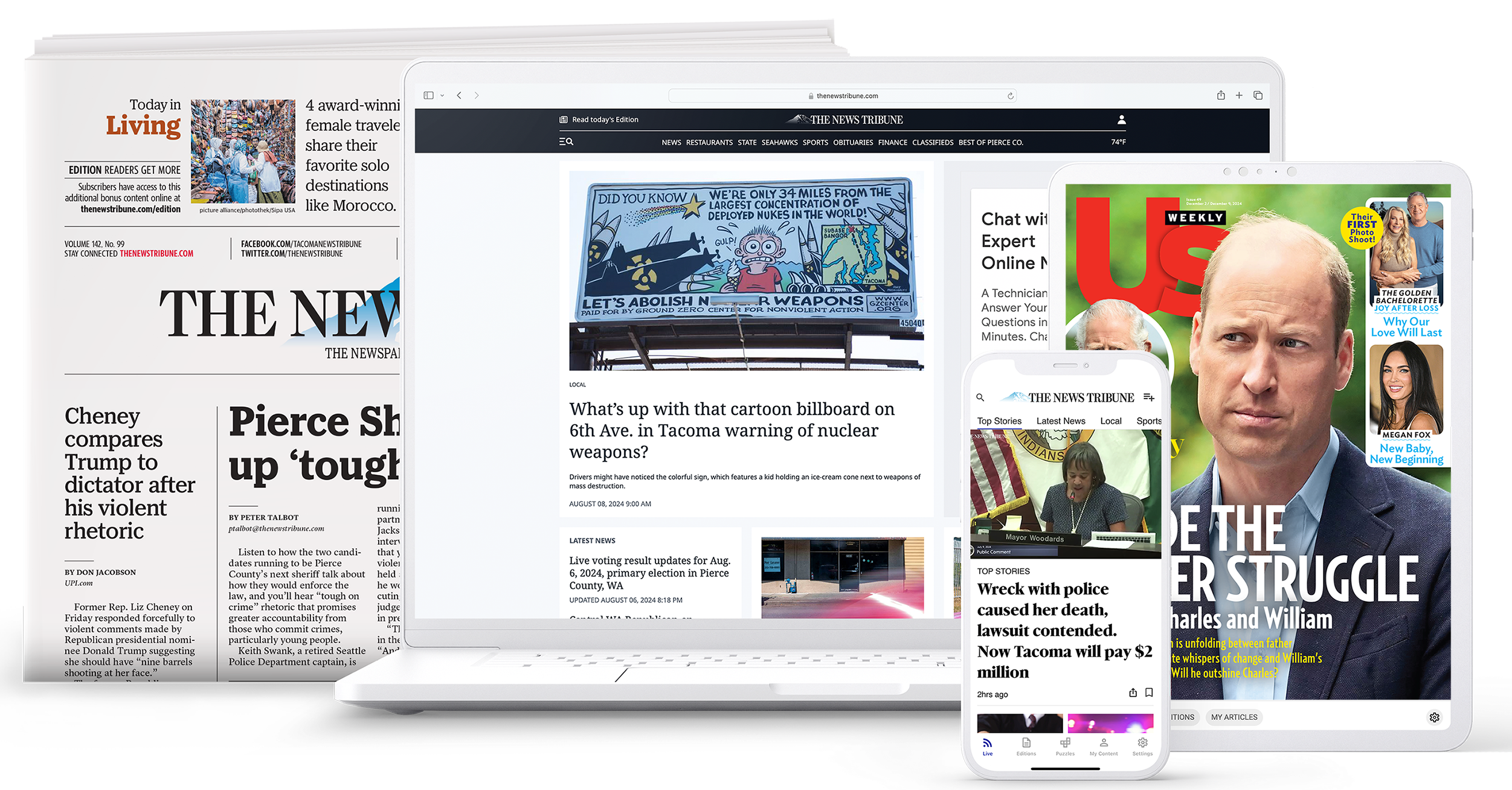The Significance of Fact-Checking on the planet of News Online
The occurrence of misinformation in today's online news landscape has gotten to startling degrees. Fact-checking organizations play an essential duty in counteracting this fad. They validate claims and improve the reliability of journalism. However, the efficiency of these companies frequently hinges on their approaches and public perception. As audiences navigate this intricate setting, the implications of their findings might shape the future of news usage and trust. What does this mean for the stability of details moving forward?

The Surge of Misinformation in the Digital Age
Just how has the advent of electronic modern technology added to the spread of false information? The rapid development of the internet and social media sites platforms has actually assisted in the dissemination of details at an unmatched pace. Users can share posts, video clips, and viewpoints with a plain click, commonly without verifying the web content's accuracy. Algorithms focus on spectacular or emotionally billed product, resulting in a spreading of misleading stories that capture interest.
In addition, the anonymity paid for by digital systems enables individuals to spread false details without liability (stnews.live). Misinformation prospers in resemble chambers, where users are revealed largely to point of views that enhance their ideas, better entrenching fallacies. The saturation of information can overwhelm individuals, making it challenging to determine credible resources from undependable ones. Consequently, false information has actually ended up being a prevalent issue in the digital landscape, impacting public viewpoint and count on legitimate news resources
The Function of Fact-Checking Organizations
Fact-checking organizations play a necessary function in enhancing the trustworthiness of journalism by verifying insurance claims made in report. Their efforts are vital in combating misinformation, guaranteeing that exact info prevails in the electronic landscape. By holding media electrical outlets responsible, these organizations add considerably to educated public discourse.
Enhancing Integrity in Journalism
While false information proliferates in the electronic age, fact-checking organizations play a vital duty in boosting the reputation of journalism. These organizations diligently confirm insurance claims made in newspaper article, public declarations, and social media blog posts, making certain that information distributed to the general public is exact and credible. By providing independent evaluations, they serve as a crucial resource for reporters, aiding them maintain high criteria of stability. On top of that, their efforts promote openness in media, fostering public trust. As target markets end up being progressively discerning, the existence of reliable fact-checking entities can identify trustworthy news sources from those that may spread fallacies. Ultimately, the commitment of fact-checking companies to maintain reliability is vital for the wellness of democratic discussion.
Combating False Information Effectively
As misinformation continues to spread quickly across digital systems, the role of fact-checking companies comes to be significantly essential in the battle for precise information. These companies work as watchdogs, looking at insurance claims made by public numbers and media electrical outlets to guarantee responsibility. By utilizing rigorous research techniques and expert analysis, they verify truths and make clear deceptive stories. Their findings are disseminated through different channels, informing the general public and cultivating crucial thinking. In enhancement, partnerships with social networks systems enhance their reach, enabling timely flagging of incorrect info. As electronic proficiency expands, the impact of fact-checking companies is crucial in encouraging target markets to recognize fact from fraud, ultimately contributing to a much more informed society.
Exactly How Misinformation Affects Public Assumption
False information significantly weakens rely on media, leading target markets to doubt the credibility of news sources. As a result, individuals often gravitate towards outlets that reinforce their present ideas, adding to the polarization of viewpoints. This dynamic develops a fragmented info landscape, where shared comprehending ends up being increasingly hard to attain.
Count on Media

Trust fund in media has actually ended up being progressively vulnerable in the electronic age, where the fast spread of incorrect information can alter public assumption. As false information proliferates across social networks and online systems, target markets usually discover it challenging to recognize credible resources from undependable ones. This uncertainty promotes apprehension, leading several people to question the motives behind news reporting. Subsequently, count on developed media outlets has decreased, as customers significantly transform to alternate resources that may do not have rigorous editorial criteria. This disintegration of depend on not just impacts individual ideas but additionally undermines the cumulative ability to involve in educated conversations. Eventually, the honesty of journalism is at stake, highlighting the critical need for efficient fact-checking to recover self-confidence in the media landscape.

Polarization of Viewpoints
The raising skepticism toward conventional media has added to a growing polarization of viewpoints among the public. False information, commonly shared via social networks and on the internet systems, plays a significant function in forming unique ideological splits. Individuals often look for info that lines up with their pre-existing beliefs, reinforcing their viewpoints while rejecting opposing point of views. This resemble chamber effect increases divisions, bring about a fragmented public discourse where consensus ends up being significantly elusive. Additionally, sensationalized stories thrive in this setting, further skewing public assumption and promoting question in credible resources. As polarization intensifies, the necessity for reliable fact-checking comes to be critical to connect spaces and promote informed conversations, ultimately ensuring an extra cohesive culture qualified of navigating intricate concerns.
Strategies for Efficient Fact-Checking
Efficient fact-checking depends on a methodical technique that consists of complete research, verification of resources, and important analysis of insurance claims. A foundational method is cross-referencing information from multiple qualified sources to validate its accuracy. Fact-checkers commonly make use of specialized data sources and archives to map the origin of particular statements, making certain that the reported info lines up with documented evidence.
Another important approach entails scrutinizing the context in which claims are offered. Misleading info can emerge from out-of-context quotes or selective information use. By examining the broader story, fact-checkers can determine prospective predispositions or misinterpretations.
Additionally, engaging with experts in relevant fields can supply clearness and understanding that boosts the fact-checking process. This cooperation can discover subtleties that laypeople may forget - stnews.live. Eventually, a regimented approach incorporating these techniques promotes a much more informed public, improving the dependability of info distributed in the digital age
The Effect of Social Network on News Intake
Just how has social networks changed the way individuals take in news? The appearance of systems like Facebook, Twitter, and Instagram has significantly modified news consumption patterns. News is now disseminated rapidly, allowing customers to accessibility real-time updates and involve with web content via sort, shares, and remarks. This immediacy has actually promoted a choice for bite-sized details, frequently at the cost of comprehensive evaluation.
Social media enables individualized news feeds, where formulas curate web content based on customer choices, creating echo chambers that might limit direct exposure to diverse perspectives. The duty of standard news outlets has actually decreased as individuals significantly depend on peer recommendations and trending subjects. The Go Here reliability of info is usually endangered, as sensationalism can outweigh accurate reporting. In general, social media has reshaped news intake, stressing rate and customization while challenging the criteria of journalistic integrity.
Equipping Target Markets to Identify Reputable Resources

In addition, examining the authorship and business history of news write-ups can expose possible predispositions. Cross-referencing information throughout numerous credible outlets better enhances the confirmation process. Utilizing electronic devices, such as web browser extensions that rank the reliability of websites, can also aid in recognizing credible information. By proactively engaging with these sources and growing an essential way of thinking, audiences can better furnish themselves to discern trusted news resources, ultimately fostering a much more educated society in the middle of the intricacies these days's media setting.
The Future of Journalism and Fact-Checking
As the media landscape advances, the future of journalism and fact-checking faces both tests and possibilities. The increase of digital platforms has actually democratized details dissemination, allowing diverse voices to arise. This has actually additionally led to the proliferation of misinformation, demanding robust fact-checking systems. view Reporters will increasingly depend on technology, including AI devices, to validate facts quickly and effectively.
Cooperation in between wire service and fact-checking entities is prepared for to enhance credibility and transparency. Audience interaction will certainly play an essential duty, as notified viewers end up being considerable companions in recognizing reliable web content.
The need for liability and precision is most likely to grow, pushing journalists to promote high standards in their reporting. Eventually, the future of journalism may depend upon its ability to adjust to technical developments while keeping journalistic stability, ensuring that fact-checking remains a cornerstone of reputable news.
Regularly Asked Questions
How Can I Report False Information I Run Into Online?
To report false information encountered online, individuals can make use of platform-specific coverage tools, offer clear proof, and share the details with fact-checking companies. Involving with neighborhood discussions can additionally assist raise recognition regarding the false information.
What Prevail Signs of Misinformation in News Articles?
Usual indicators of misinformation in news short articles consist of spectacular headings, lack of reliable sources, psychological language, irregular facts, and absence of author qualifications. Visitors should seriously assess web content for these signs to recognize accuracy.
Exactly How Do Fact-Checkers Confirm Sources?
Fact-checkers confirm sources by cross-referencing details with qualified data sources, seeking advice from experts, and analyzing the original context of insurance claims. They additionally analyze the integrity of the sources, guaranteeing precise and trustworthy information for public consumption.
What Lawsuits Can Be Taken Against Misinformation?
Lawsuits against false information might include see this page defamation legal actions, cease-and-desist orders, and governing penalties. Sufferers can prosecute with civil courts, while some jurisdictions enforce penalties or permissions on platforms distributing false information.
Are There Apps for Fact-Checking News On-The-Go?
Numerous applications exist for fact-checking news on-the-go, including Snopes, FactCheck.org, and PolitiFact. These applications aid customers validate claims swiftly, advertising educated decision-making and cultivating an extra critical strategy to consuming news in real-time.